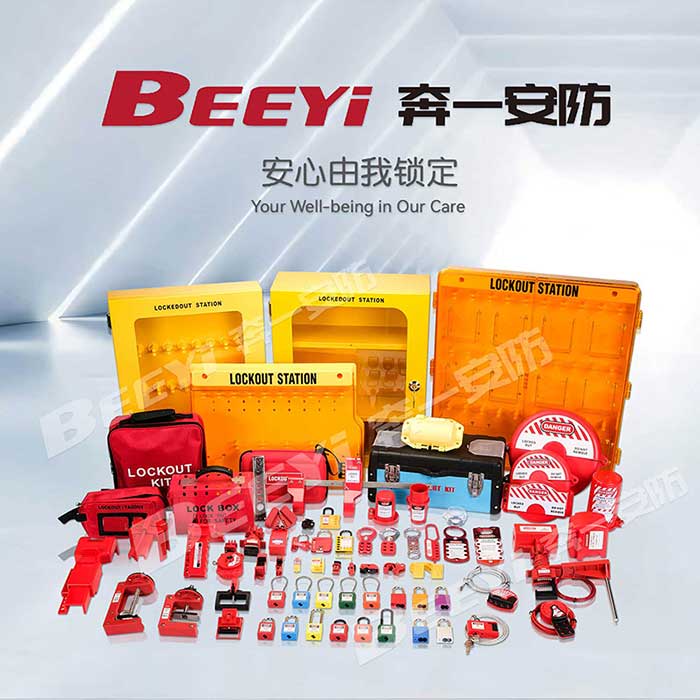Pneumatic systems are an integral part of many industrial operations, from manufacturing plants to assembly lines. These systems, which rely on compressed air to power machinery, offer efficiency and precision. However, with this power comes the need for strict safety measures to prevent accidents during maintenance, repairs, or unforeseen system failures. One such safety measure is the pneumatic lockout, a device designed to isolate pneumatic systems and ensure that machinery cannot be inadvertently activated while personnel are working on it. In Germany, several companies provide pneumatic lockout solutions, contributing to the country’s reputation for engineering excellence and industrial safety.

The Importance of Pneumatic Lockouts Pneumatic lockouts are part of the broader lockout/tagout (LOTO) safety protocol, which is widely adopted in industries around the world. The primary function of pneumatic lockouts is to prevent the release of pressurized air or gases into machinery during maintenance. By securely isolating pneumatic systems, these lockouts reduce the risk of accidental machine startups, ensuring that workers are not exposed to hazardous conditions such as moving parts or high-pressure air releases. These devices come in various forms, including valve lockouts, pneumatic plug locks, and complete lockout kits. They are typically made from durable materials such as nylon, steel, or reinforced plastic, ensuring long-lasting performance even in harsh industrial environments. The lockout devices also include provisions for attaching personal locks and tags, further enhancing safety by ensuring that only authorized personnel can operate the system.